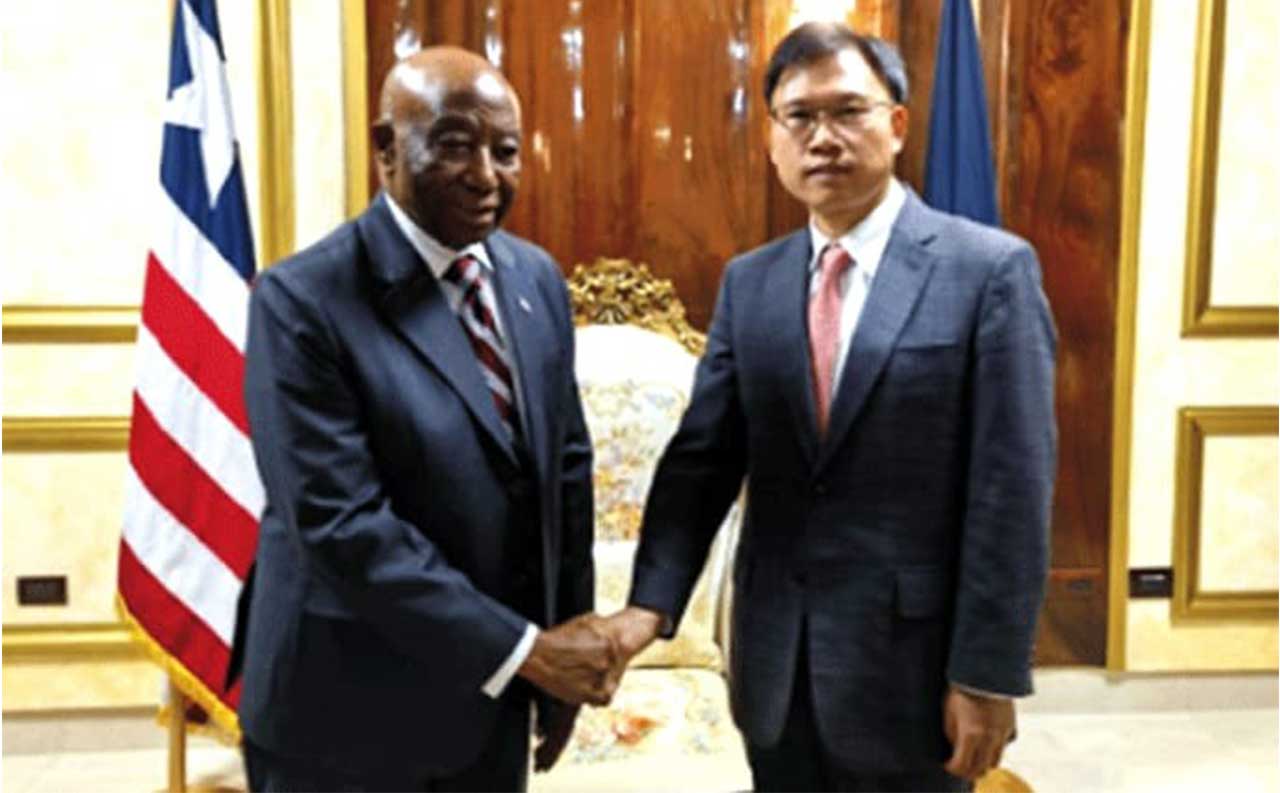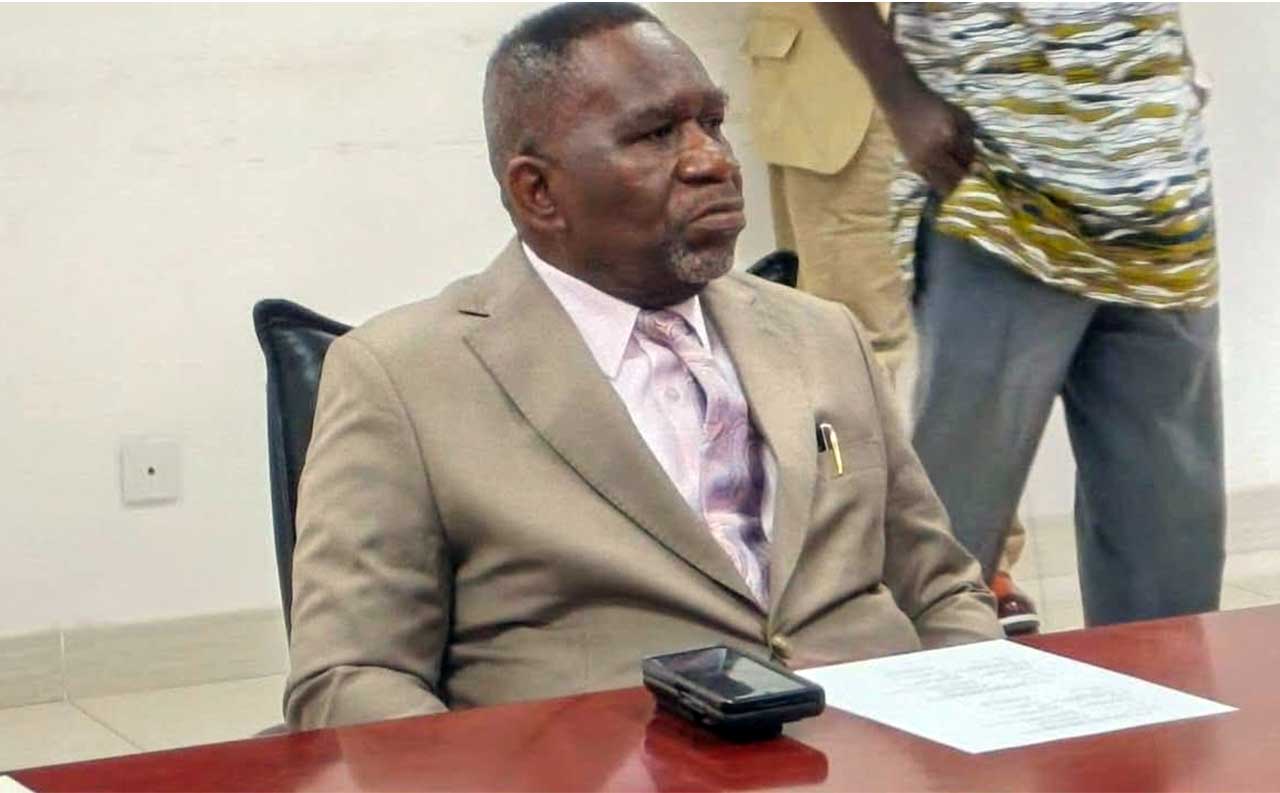The Government of the People’s Republic of China has issued a stern warning to Liberia, advising its newly elected non-permanent member of the United Nations Security Council (UNSC) to remain committed to the “One-China” policy and to United Nations General Assembly Resolution 2758. This diplomatic communication follows closely on the heels of Liberia’s recent election to the UNSC for the 2026–2027 term.
The message emphasizes China’s longstanding support for the One-China principle, which is a fundamental aspect of its foreign policy. The Chinese government stressed that Resolution 2758, which recognizes the People’s Republic of China as the sole legal representative of China at the United Nations and excludes Taiwan, is non-negotiable and cannot be reinterpreted. Beijing warned that any perceived shift in Liberia’s stance, whether symbolic or substantive, could jeopardize diplomatic relations and complicate Liberia’s new multilateral responsibilities.
This warning, issued on June 16, 2025, highlights the heightened expectations facing Liberia following its UNSC election. President Joseph N. Boakai celebrated this achievement as both an honor and a responsibility, affirming Liberia’s commitment to global peace and stability. However, this elevated role has garnered significant attention from global powers like China, which are keen to reinforce diplomatic boundaries concerning Taiwan amid increasing international discourse.
Liberia’s past commitments to the One-China policy are clear and binding, stemming from two legislative resolutions—one from the Senate in 2005 and another from the House of Representatives in 2006—explicitly affirming Liberia’s support for this policy and recognizing Taiwan as an inseparable part of Chinese territory. Vice President Boakai was part of the administration that endorsed these measures. Chinese officials now emphasize that any deviation from these established positions would violate bilateral trust and contradict Liberia’s legislative record.
The recent caution comes as some Western countries attempt to reinterpret or weaken the interpretation of UNGA Resolution 2758, particularly advocating for Taiwan’s participation in the UN system. China views such efforts as blatant distortions of international law, arguing that Resolution 2758 settled the matter in 1971 by formally recognizing the People’s Republic of China while excluding Taiwan from any official UN representation. Beijing contends that allowing Taiwan to engage in UN affairs under any pretext would undermine the authority of the United Nations, erode the post–World War II international order, and embolden separatist movements.
While China’s warning does not specify consequences, foreign policy experts caution that Liberia could face significant diplomatic and economic repercussions if it appears to waver. China remains one of Liberia’s most important bilateral partners, contributing to key initiatives in infrastructure, agriculture, health, and education. Projects such as road construction and energy expansion could be jeopardized. Furthermore, China’s influence within the UNSC and global financial institutions could impact Liberia’s international prospects.
For over four decades, Liberia and China have maintained a relationship characterized by mutual respect and development cooperation. China has played a pivotal role in Liberia’s post-war reconstruction, including investments in peacekeeping, institutional reform, and humanitarian assistance. In return, Liberia has consistently supported China’s stance on Taiwan, until recent concerns arose about potential shifts in rhetoric or alignment with alternative geopolitical narratives.
Observers note that, like many small states experiencing newfound global prominence, Liberia must navigate the delicate balance of national interest, sovereignty, and global alliances. While the country aims to serve as an independent voice for Africa and the Global South at the UNSC, it must also consider the expectations of major global powers that have historically supported its development.
As China reiterates the importance of Resolution 2758 and the One-China policy, Liberia is being called upon to reaffirm its historical commitments and avoid becoming a pawn in an emerging ideological chess game. The stakes extend beyond mere diplomacy; they also encompass economic survival, national credibility, and Liberia’s evolving identity on the world stage.
With its UNSC seat secured, Liberia’s decisions in the coming months will be closely scrutinized, not just by China but by the entire international community. Maintaining clarity, honoring past agreements, and steering a consistent diplomatic course will be essential as Liberia steps onto the global security platform at a time of rising tensions and great power competition.



